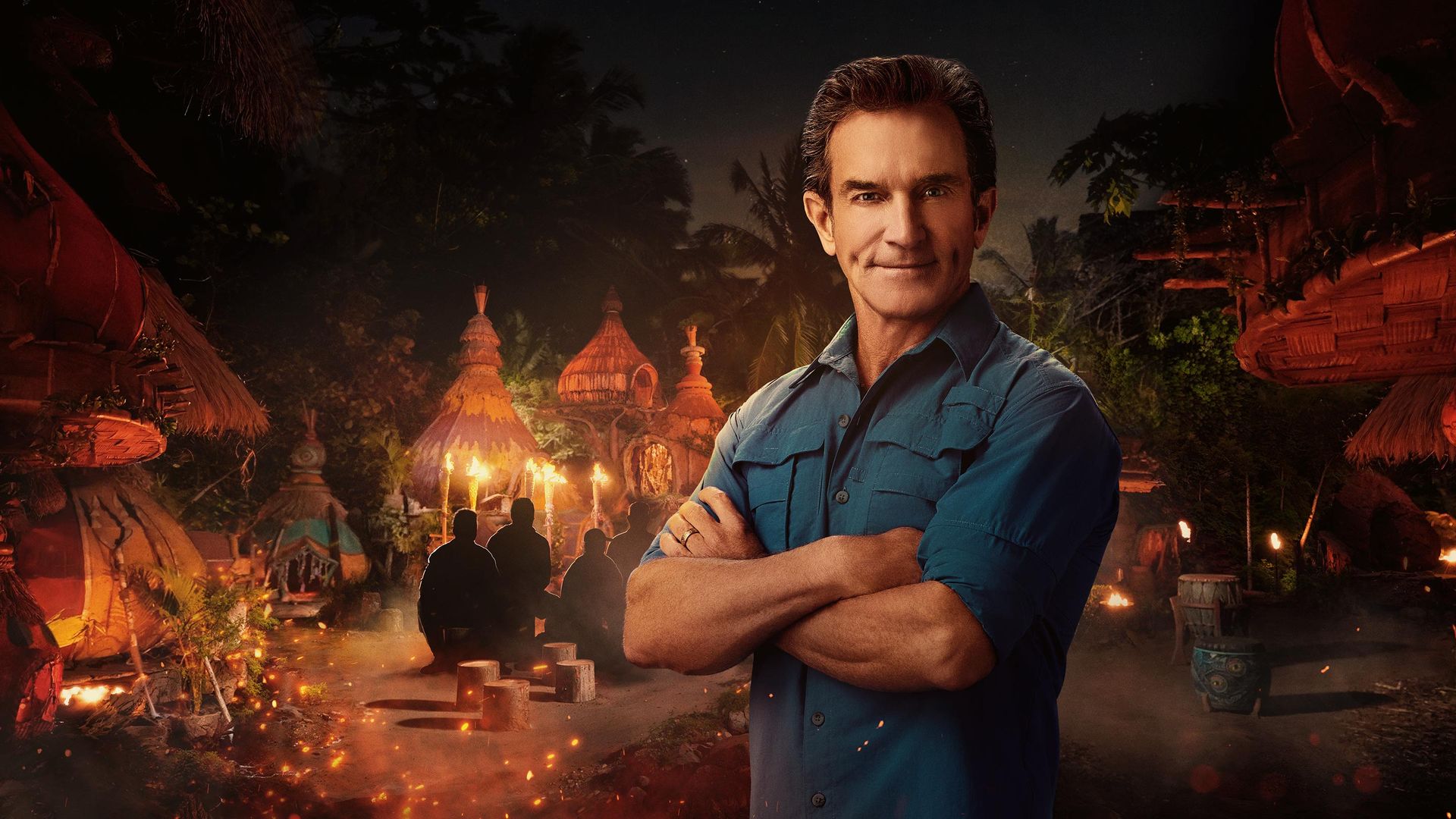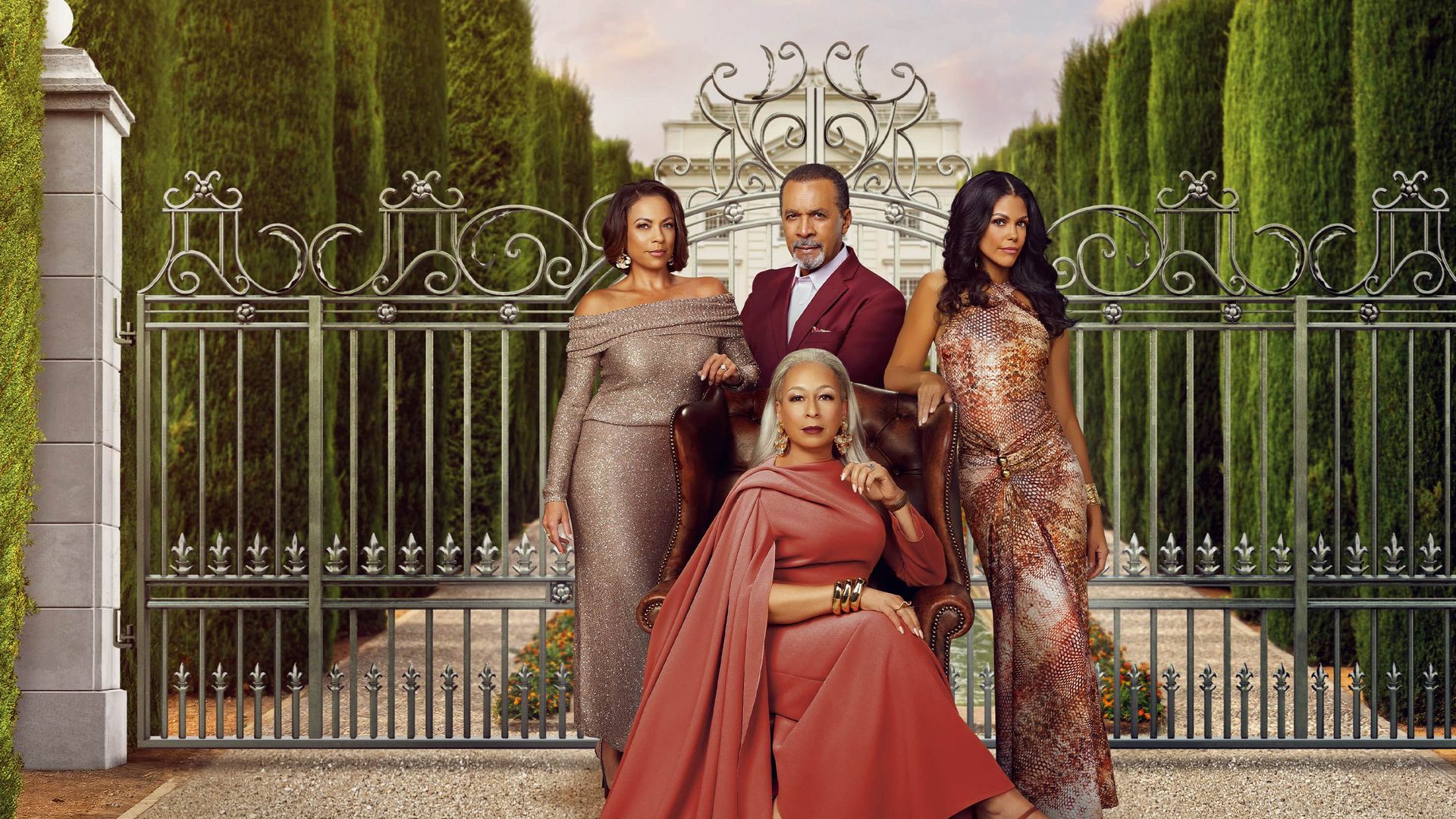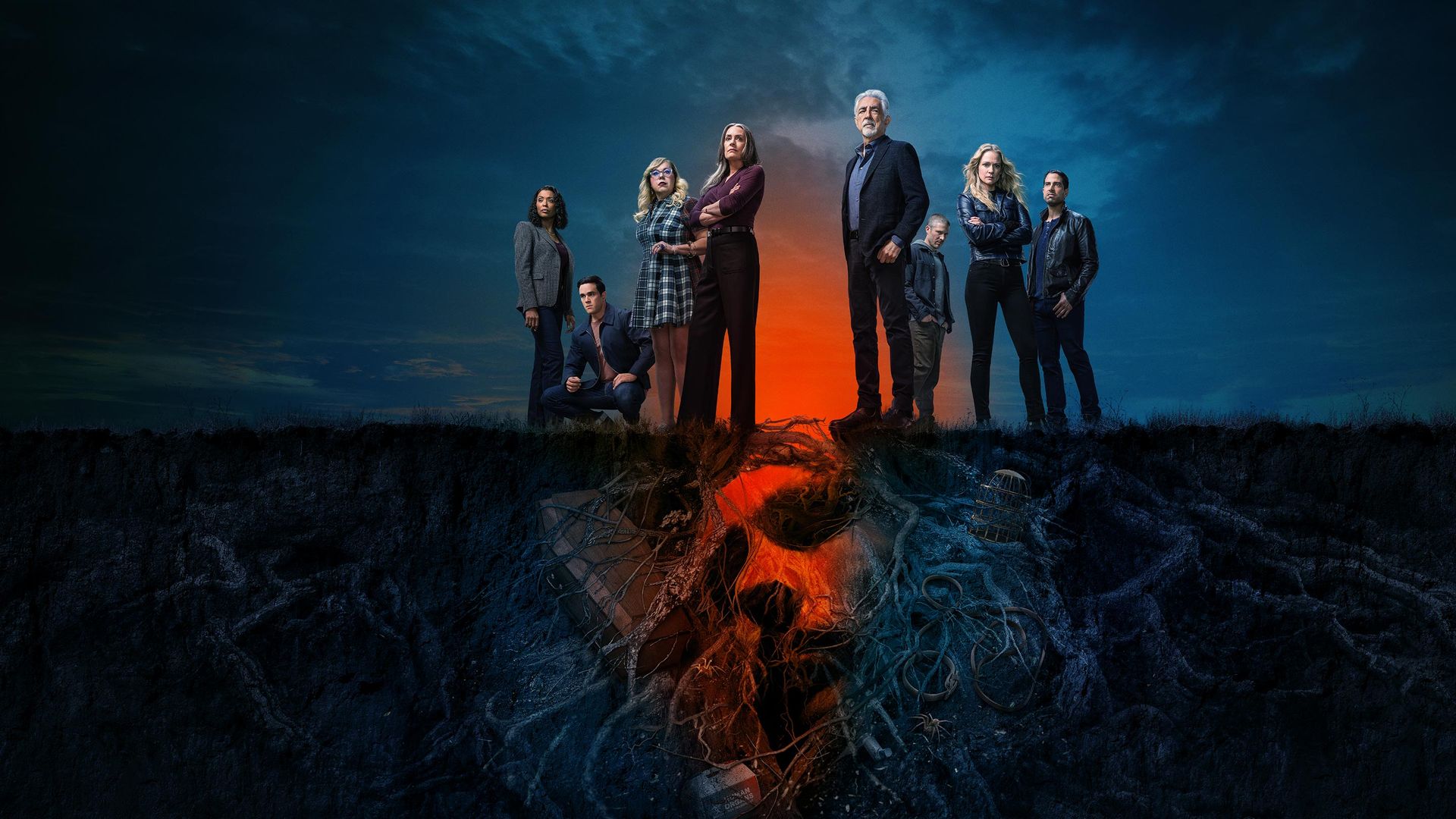-

Live Tonight 8/7c
SURVIVOR returns with a bold new group of competitors, inspired gameplay and momentous tribal councils. -

Live Tonight 9:30/8:30C
This season, 14 teams of two embark on a trek around the world to earn first place at the final destination and win $1 million. -

Catch Up On The Latest Episodes
Follow the agents of FBI, FBI: Most Wanted and FBI: International as they pursue notorious criminals and solve high-stakes cases. -

CATCH UP ON THE LATEST EPISODES
A powerful and prestigious family reigns over a posh gated community with juicy secrets and scandals waiting to be uncovered. -

NEW SEASON NOW STREAMING
In the Paramount+ Original, the BAU must join forces with their old enemy Elias Voit to take down his network of followers.




